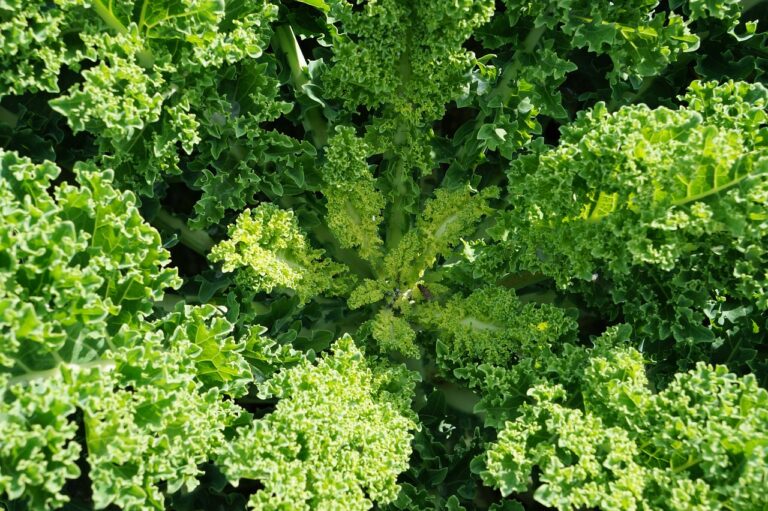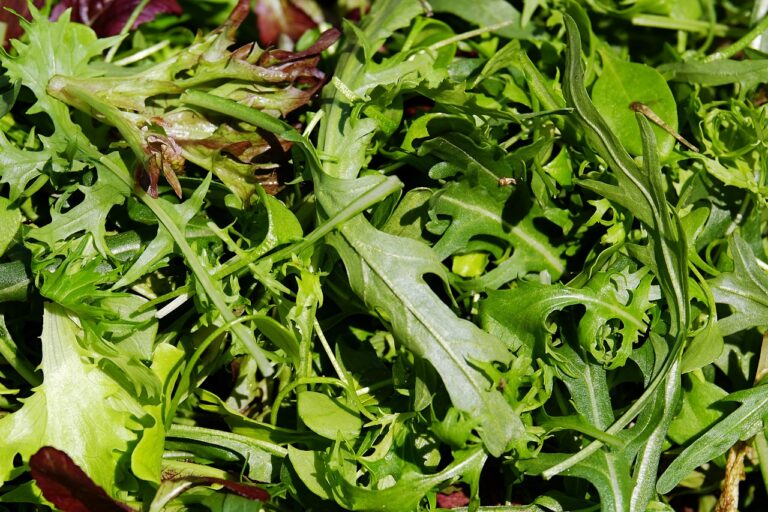Exploring the Potential of Gene Editing in Agricultural Livestock: Betbhai.com sign up, Playexch in live login, Gold365 login
betbhai.com sign up, playexch in live login, gold365 login: Gene editing technology has been making waves in the scientific community for its potential to revolutionize various industries, including agriculture. One area where gene editing holds immense promise is in agricultural livestock. By manipulating the genetic makeup of livestock animals, researchers believe they can enhance desirable traits, improve animal health and welfare, and increase the efficiency of food production.
But how exactly can gene editing be used in agricultural livestock, and what are the implications of this technology? Let’s explore the potential of gene editing in transforming the agricultural livestock industry.
Enhancing Disease Resistance
One of the key benefits of gene editing in agricultural livestock is the ability to enhance disease resistance. By introducing specific genetic modifications, researchers can create animals that are more resistant to common diseases and infections. This not only improves animal welfare but also reduces the need for antibiotics and other medications, leading to a healthier and more sustainable food production system.
Improving Growth Efficiency
Another area where gene editing shows promise is in improving the growth efficiency of livestock animals. By editing genes related to growth, researchers can create animals that grow faster and more efficiently, resulting in increased production yields. This can have significant implications for the agricultural industry, as it can help meet the growing demand for food in a more sustainable manner.
Enhancing Nutritional Quality
Gene editing can also be used to enhance the nutritional quality of livestock products. By modifying genes related to nutrient composition, researchers can create animals that produce meat, milk, and eggs with higher levels of essential nutrients such as vitamins and minerals. This can have a positive impact on consumer health and well-being, as well as meet the nutritional needs of a growing population.
Reducing Environmental Impact
Gene editing in agricultural livestock can also help reduce the environmental impact of food production. By creating animals that are more efficient at converting feed into muscle mass, researchers can decrease the amount of resources, such as water and land, required for raising livestock. This can lead to a more sustainable and environmentally friendly agricultural industry.
Addressing Ethical Concerns
While gene editing in agricultural livestock holds immense potential, it also raises ethical concerns. Critics argue that manipulating the genetic makeup of animals raises questions about animal welfare and the potential for unintended consequences. As such, it is essential for researchers and policymakers to carefully consider the ethical implications of gene editing in livestock and ensure that proper regulations are in place to safeguard animal welfare.
In conclusion, gene editing technology has the potential to revolutionize the agricultural livestock industry by enhancing disease resistance, improving growth efficiency, enhancing nutritional quality, reducing environmental impact, and addressing ethical concerns. While there are still challenges to overcome, the benefits of gene editing in livestock are undeniable. As researchers continue to explore the potential of this technology, the future of agricultural livestock looks promising.
FAQs
1. Is gene editing in agricultural livestock safe?
While gene editing in agricultural livestock holds promise, there are still concerns about its safety and potential unintended consequences. Researchers are actively studying the long-term effects of gene editing and implementing safeguards to ensure the safety of animals and consumers.
2. How does gene editing differ from traditional breeding methods?
Gene editing allows researchers to make precise changes to an animal’s genetic makeup, whereas traditional breeding methods rely on natural selection. This precision enables researchers to introduce specific traits into livestock animals more quickly and efficiently than traditional breeding methods.
3. What are the regulatory considerations for gene editing in agricultural livestock?
Regulatory agencies around the world have varying policies on gene editing in livestock. It is essential for researchers to comply with regulations and guidelines set forth by regulatory bodies to ensure the responsible use of gene editing technology in agriculture.
References:
– https://www.nationalgeographic.com/science/article/crispr-gene-editing-technology-animals-agriculture
– https://www.sciencedirect.com/topics/agricultural-and-biological-sciences/gene-editing







